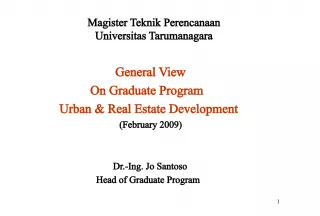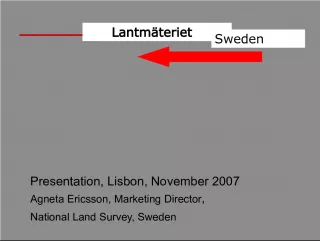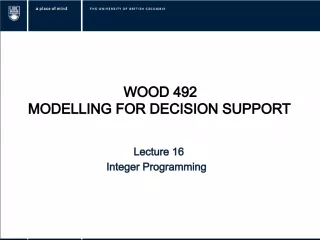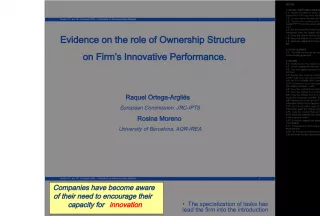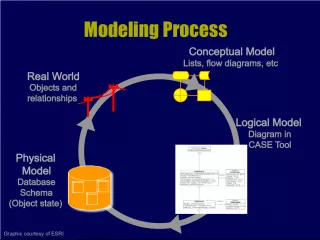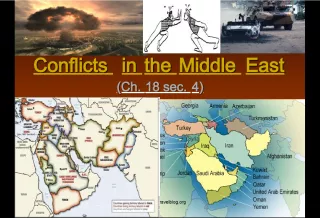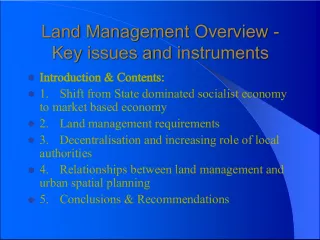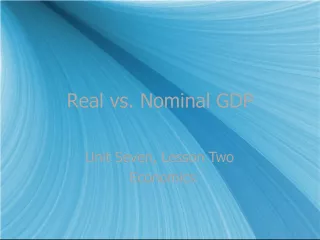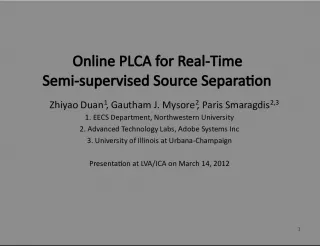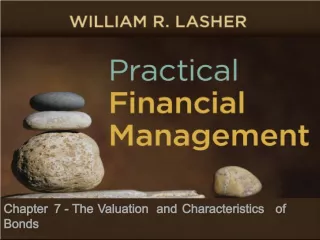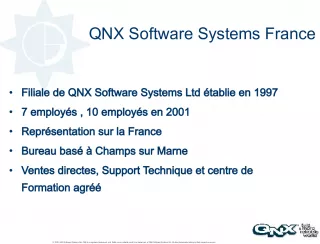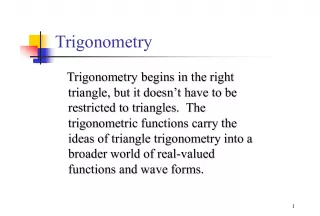Indonesian Land Law: Understanding Ownership in Real Estate
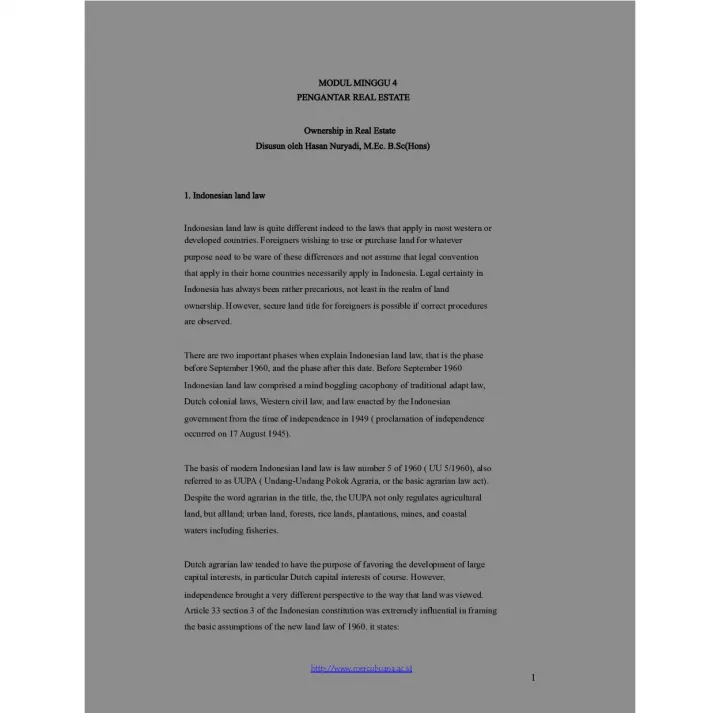

This module explores the complexities of Indonesian land law, including the differences between traditional, Dutch colonial, and modern law. It highlights the importance of legal certainty and outlines procedures for foreigners to secure land title.
- Uploaded on | 9 Views
-
 kilian
kilian
About Indonesian Land Law: Understanding Ownership in Real Estate
PowerPoint presentation about 'Indonesian Land Law: Understanding Ownership in Real Estate'. This presentation describes the topic on This module explores the complexities of Indonesian land law, including the differences between traditional, Dutch colonial, and modern law. It highlights the importance of legal certainty and outlines procedures for foreigners to secure land title.. The key topics included in this slideshow are Indonesian land law, foreign ownership, legal certainty, UUPA, agrarian law act,. Download this presentation absolutely free.
Presentation Transcript
1. MODUL MINGGU 4 PENGANTAR REAL ESTATE Ownership in Real Estate Disusun oleh Hasan Nuryadi, M.Ec. B.Sc(Hons) 1. Indonesian land law Indonesian land law is quite different indeed to the laws that apply in most western or developed countries. Foreigners wishing to use or purchase land for whatever purpose need to be ware of these differences and not assume that legal convention that apply in their home countries necessarily apply in Indonesia. Legal certainty in Indonesia has always been rather precarious, not least in the realm of land ownership. However, secure land title for foreigners is possible if correct procedures are observed. There are two important phases when explain Indonesian land law, that is the phase before September 1960, and the phase after this date. Before September 1960 Indonesian land law comprised a mind boggling cacophony of traditional adapt law, Dutch colonial laws, Western civil law, and law enacted by the Indonesian government from the time of independence in 1949 ( proclamation of independence occurred on 17 August 1945). The basis of modern Indonesian land law is law number 5 of 1960 ( UU 5/1960), also referred to as UUPA ( Undang-Undang Pokok Agraria, or the basic agrarian law act). Despite the word agrarian in the title, the, the UUPA not only regulates agricultural land, but allland; urban land, forests, rice lands, plantations, mines, and coastal waters including fisheries. Dutch agrarian law tended to have the purpose of favoring the development of large capital interests, in particular Dutch capital interests of course. However, independence brought a very different perspective to the way that land was viewed. Article 33 section 3 of the Indonesian constitution was extremely influential in framing the basic assumptions of the new land law of 1960. it states: http://www.mercubuana.ac.id 1
2. internal waters, archipelagic waters, territorial sea, contigous zone, the 200-nm Exclusive Economic Zone, and extended continental shelves. Article 1/3 UUPA states that the connection between the Indonesian people and the land, seas, airspace and its contained wealth is eternal in nature, and that there is no power or authority that can break or erase this connection. Article states that the lands and seas that the comprise Indonesia constitutes a treasure given to the Indonesian people by the supreme God. 2. Indonesian land titles Forms of the land title regulated by the Undang-Undang Pokok Agraria and issued by National Land Board ( Badan Pertanahan Nasional) include: Hak milik --- Roughly equivalent to Freehold title of English common law Jurisdictions Hak Guna Usaha---Cultivation Rights Title Hak Guna Bangunan---- Building Rights Title Hak Pakai--- Rights to Use Title Hak Sewa untuk Bangunan---- Rights to Rent for Buildings Hak Membuka Tanah------- Land Clearing Rights Hak Memungut Hasil Hutan ----- Forestry Rights Hak Guna Air, Pemeliharaan dan Penangkapan Ikan---- Water Use and Fisheries Rights Hak Guna Ruang Angkasa------Airspace Use Rights Hak Hak Tanah untuk Keperluan Suci dan Social---- Land Title for Social and Religious Purposes To foreign as well as domestic investors, the most important titles to be aware of are Freehold Title (Hak Milik), Cultivation Rights Title (Hak Guna Usaha), Building Use Title ( Hak Guna Bangunan) and Right to Use Title (Hak Pakai). Freehold Title ( Hak Milik, Article 20-27) Freehold title is the strongest and fullest title that can be obtained. However such rights are not absolute as the Undang-Undang Pokok Agraria recognizes the social functions of land, however infers a right of peaceful occupation of land by the titleholder. Freehold title may only be held by Indonesian citizens, or by Indonesian http://www.mercubuana.ac.id 3
3. A land Title Deed is known in Indonesia as a sertifikat Tanah, and is always accompanied by a Survey Certificate known as Surat Ukur that documents the location and dimensions of the land. Land transfers and land title deeds are drafted by a Land Deed Official known as Pejabat Pembuat Akte Tanah. Pejabat Pembuat Akte Tanah are very commonly also Notaries, and are easy to find even the smallest of towns in Indonesia. Most of a Pejabat Pembuat Akte Tanahs work involves land transfers in the case of sale or inheritance and land registration. Much are should be taken when selecting a Pejabat Pembuat Akte tanah to handle land matters, especially if the matter involves foreigners or Penanaman Modal Asing companies. Unfortunately, the vast majority of Indonesian Notarys who commonly handle land transfer procedures lack the knomledge and skill to properly advise foreigners on matters of secure land title, despite giving excellent impressions of seeming competence. The vast majority of land in Indonesia is in fact not registered at the Badan Pertanahan Nasional and is held under tradition title (Hak Adat). Occasionally, provincial goverments will carry out publicity campaign urging people, especially those in non urban areas, to survey and register their land. However, this can be very problematic indeed, as lands are often owned by extended families who extent is difficult and sometimes even dangerous to actually clearly define. Serious family disputes can be triggered by the very suggestion. Fortunately, most lands in areas of interest to foreigners and Penanaman Modal Asing companies will already have some form of clear land title. From the above explaination it is clear that foreigners are not permitted or not allowed to have property title in Indonesia. However,foreign individuals can legally acquire property in Indonesia and enjoy full beneficial rights. This is done using one of two models : the first by a nominee arrangement, and the second, by way of an Indonesian incorporated company. With nominee method, an Indonesian citizen or legal entity including Penanaman Modal Asing is nominated to buy the land on behalf of the purchaser. Land Title deeds will thus be under the name of the nominee. The Pejabat Pembuat Akte Tanah handling the land sale and transfer will simultaneously make a power of Attorney giving the foreign purchaser total and exclusive authority to utilize, sell, transfer, or lease the land without any reference whatever from the nominee, along with a http://www.mercubuana.ac.id 5
